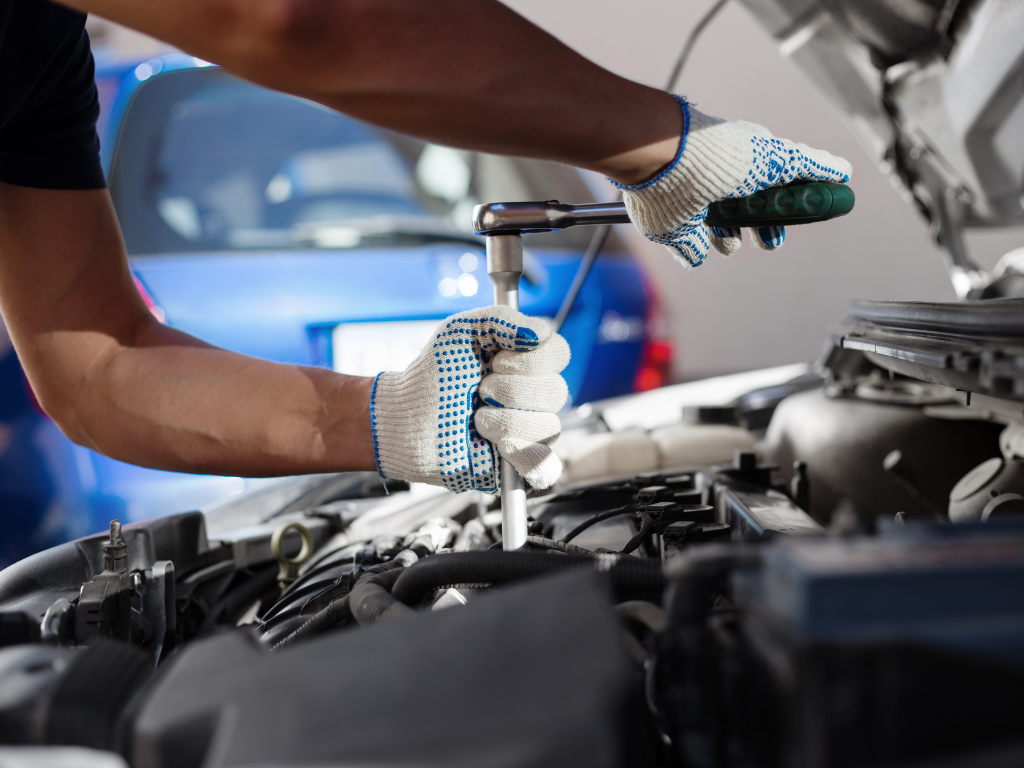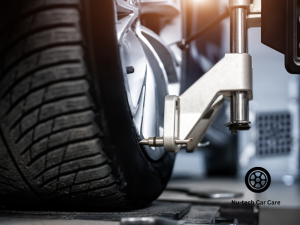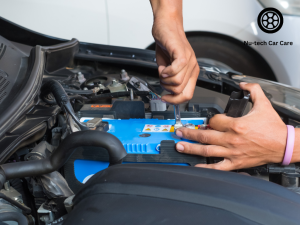 Identifying issues with your car can be overwhelming. To make it less daunting, we’ve simplified the car repair process into digestible steps.
Identifying issues with your car can be overwhelming. To make it less daunting, we’ve simplified the car repair process into digestible steps.
Step 1: Recognizing Car Issues
A crucial part of car care is being attuned to your vehicle’s needs. Typically, cars communicate problems through signs. You may hear unusual noises, see warning lights on your dashboard, or even smell something off.
Being vigilant about these signs can save you from major car repairs down the line. Similarly, regular car service at a reputable car service center helps identify potential issues early on.
Step 2: Diagnostic Tests by Car Mechanics
Once you notice signs of car trouble, it’s time to consult with professional car mechanics. Using advanced tools and their expert knowledge, they will run diagnostic tests to pinpoint the issue.
In addition, they might check other areas of your car as part of their auto service. For example, they might test your car battery to see if it needs replacement, even if you initially came in for a different problem.
Step 3: Understanding the Repair Procedure
After diagnosing the problem, mechanics will formulate a plan to fix your vehicle. They will explain the necessary repairs, including how to replace a car battery if that’s what your car needs.
Remember, you should never shy away from asking questions. After all, understanding the repairs your car will undergo is an integral part of auto care services.
Step 4: Approving the Car Repair
Once you understand the repair plan, it’s time to give the go-ahead for the repair process. It’s important to note that no repairs should be done without your consent. Thus, ensure you’re comfortable with the provided information before proceeding.
Step 5: Post-Repair Maintenance
Finally, after your car is back on the road, maintaining it is crucial. The mechanics will provide guidelines on how to care for your car post-repair. This step might include advice on future car service schedules or suggestions on prolonging the life of your new car battery.
Indeed, understanding the car repair process can turn a seemingly overwhelming task into a manageable one. It’s all about communication – between you and your vehicle, and you and your car service center. In the end, successful auto repair is a team effort, combining your attentiveness to your car’s needs and the expertise of professional mechanics.
FAQs
How often should I schedule a car service?
Regular car servicing schedules vary based on your car’s make, model, and age, as well as your driving habits. However, a good rule of thumb is to have a basic service every 12,000 miles or once a year, whichever comes first. Always refer to your car’s owner manual for the manufacturer’s recommendations.
How do I know when my car battery needs replacement?
Some common signs include a slow engine crank, illuminated battery warning light, bloated battery case, and aged battery (3-4 years old). A car mechanic can also test your battery during a routine service.
Do I need to visit the same car service center for all my auto repair needs?
Not necessarily. While maintaining a relationship with a trusted service center can be beneficial, you can take your car to any reputable auto repair shop. It’s more important to ensure that your chosen service center has competent mechanics and offers a range of quality auto care services.
What should I do if my car starts showing signs of trouble while I’m driving?
If it’s safe to do so, drive to the nearest auto service center. If the problem seems severe — for example, your car is overheating or smoke is coming from the engine — pull over safely and call for roadside assistance.
Can I do some car repairs, such as a car battery replacement, by myself?
While some minor repairs can be done at home with the right knowledge and tools, others are better left to professionals. Car battery replacement, for instance, can be risky due to the electrical hazards involved. Always consult a professional if you’re unsure.









